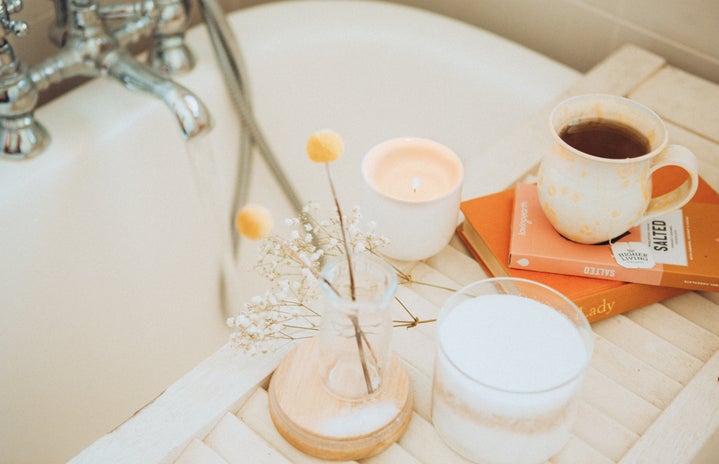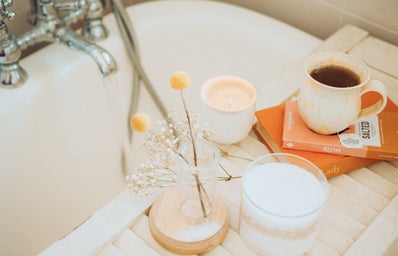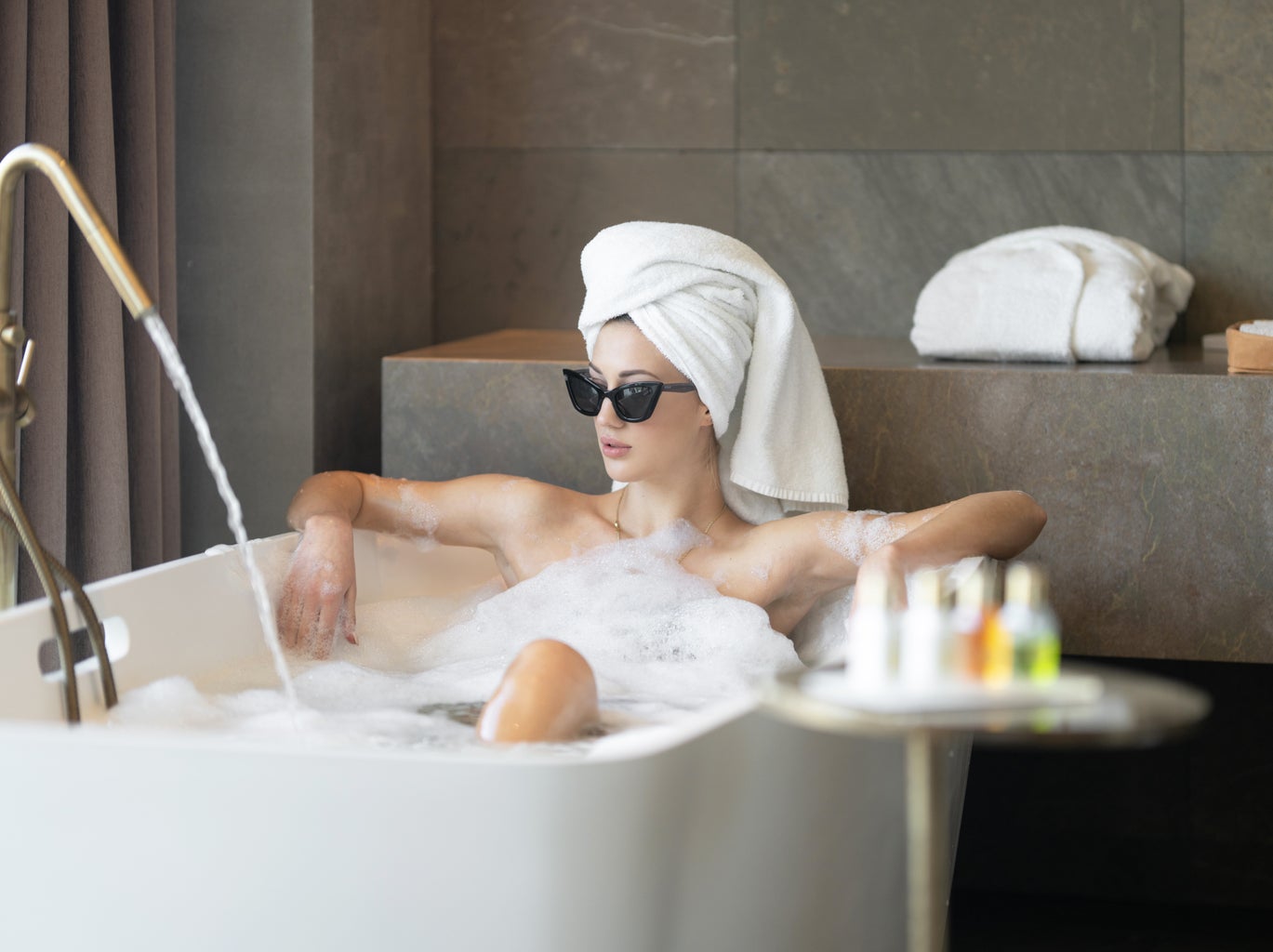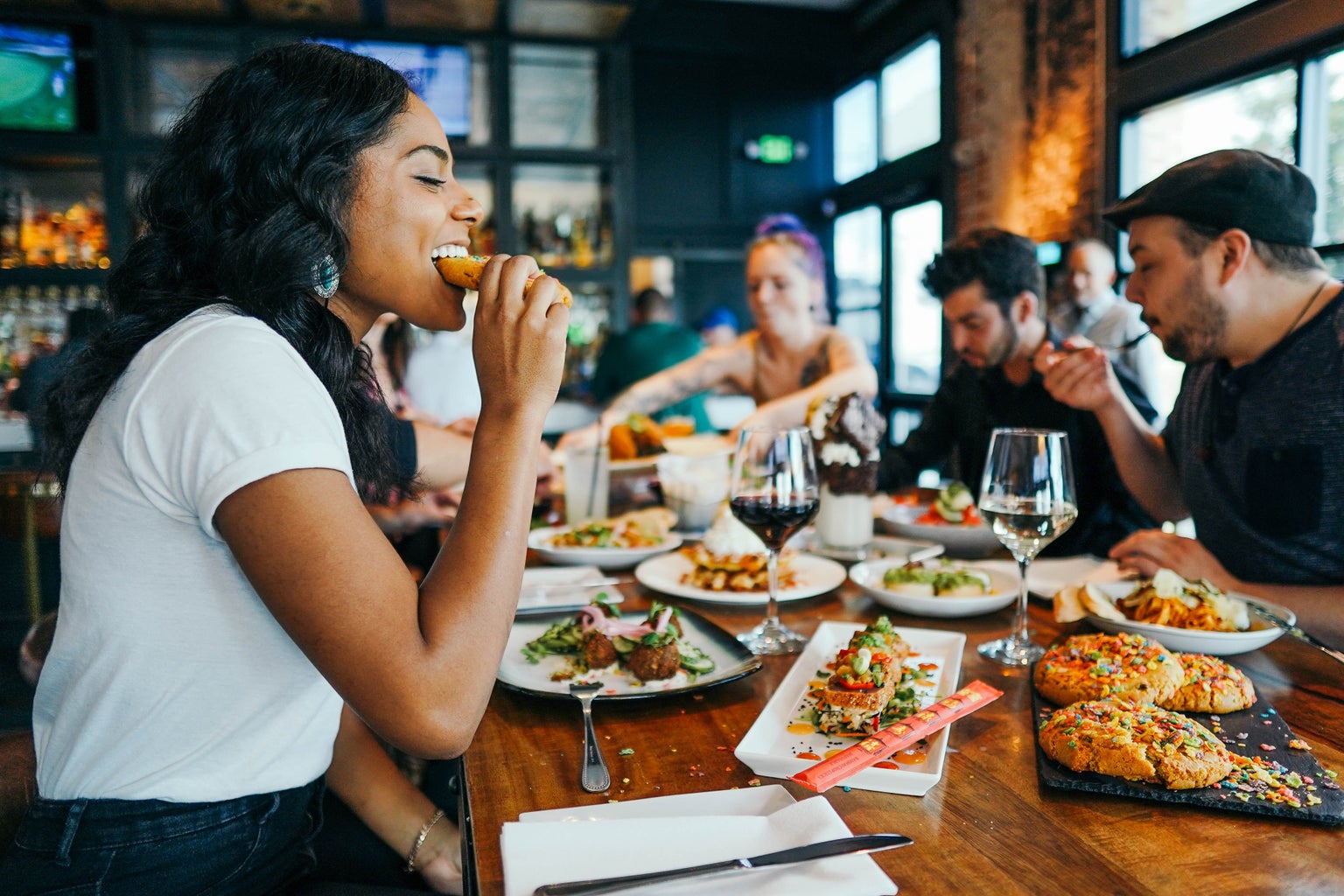The prevailing notion of what constitutes self-care should be entirely familiar: journalling, gentle exercise, meditation and lighting a candle or two in the evening. Self-care is imagined as a way of reconnecting to oneself especially in times of stress and all-around chaos that we may be dealing with, in our daily lives or just by simply looking at the news. From horrifying geopolitical affairs, the climate crisis and conflicts within our relationships, there is a strong incentive to take a step back from the gruelling nature of these events and relax. Hence, the self-care movement and its admiration of reflecting and deep breathing come in handy to soothe our worries and concerns.
Whether or not this is an all-encompassing definition of self-care is, however, debatable. The dominant view of self-care emphasizes the individual, and often the individual in isolation. While solitude and introspection is important to discovering oneself and recharging from the general social nature of our lives –– especially as we enter a post-COVID era –– it is not the only mode of self-care that should be thoughtfully explored.
As someone who is on the more introverted side, taking time for myself is not a foreign concept. But rather than evaluating the amount of time one spends doing “self-care tasks” –– be it a ten-step skin-care routine or purchasing lavender essential oils –– I believe that it is important to consider what we truly are getting from these practices. Are we engaging in these tasks because we genuinely believe in their value, or because a Tik Tok influencer told you to not go out for drinks with your friends and instead take ginger shots at home? Speaking from a personal note, I have at times missed out on opportunities to connect with others, in the belief that I was practicing self-care. Although, in reality, I was using the common perception of self-care to rationalize not immersing myself in new experiences.
Forsaking the high individualist notion of self-care for a more holistic one, we can reimagine self-care as caring for the others that make up ourselves: our friends, family and community. Self-care does not have to be a commodity to be enjoyed in the company of one but can also be calling a grandparent who you haven’t spoken to since the holidays. A “self-care night” may initially invoke images of charcoal face masks and yoga but could be an extravagant night out with friends –– we sometimes learn the most about who we are in instances of discomfort and risk.
Caring for ourselves is beyond self-help books and herbal teas; we care for ourselves by putting ourselves into new settings, environments and atmospheres. No need to pretend that every new experience will be one to commemorate, but the act of pushing yourself in the first place is something to take pride in. I believe it is critical to distinguish between the unsafe and uncomfortable; while feeling unsafe should be avoided, engaging in uncomfortable moments is where periods of growing and realization come into fruition.
While there is nothing wrong with taking a step back from our social spheres to nourish ourselves with alone-time, I challenge anyone who rigidly conforms to one idea of self-care –– which is mediated by the wellness industry –– to look into the world, not outside of it, for the care and support that we deserve to experience. Externalizing the notion of self-care to go beyond the self ironically connects us to ourselves more than focusing on what we already know.





